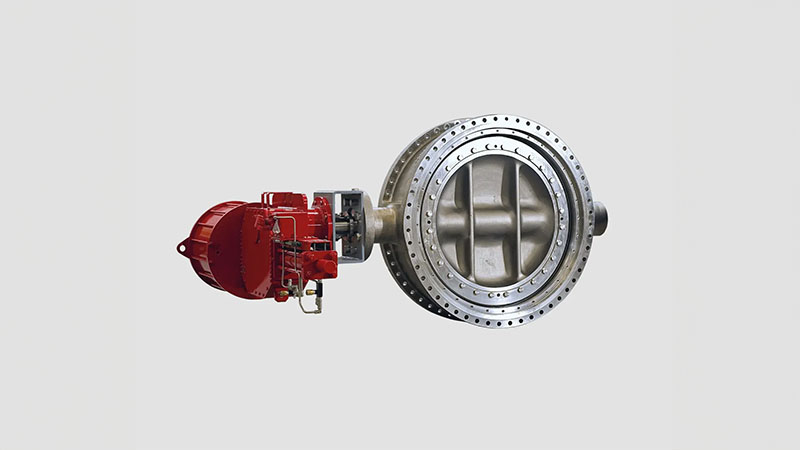A chemical company in the Middle East specialising in propylene production was under pressure to ensure its new propane dehydration (PDH) plant could run as efficiently as possible in highly hazardous conditions. This required a re-evaluation of the site’s valve specification process.
To achieve the required yields the plant would need to operate processes at extremely high temperatures of up to 730°C. Consequently, the valves used for regeneration air bypass would be subjected to very demanding conditions, while still being required to move continuously with precision. Any selected solution would also need to be highly robust, tight, and compact to maximise performance and manage the risk of unplanned downtime.
The facility’s performance was continuously assessed across all processes with the priority aim of reducing operational expenditure. While other valve types are used in regeneration air bypass at extremely high temperatures, new approaches need to be considered to safeguard plant productivity. Due to the facility’s size, the valve solution eventually selected would also need to be particularly large, and made of an appropriately heat-resistant material, presenting further engineering challenges for the component manufacturers.
IMI Orton successfully demonstrated to the customer that a triple offset butterfly valve could fulfil the function required at the PDH plant and was subsequently appointed to deliver a custom solution. The company built the bespoke component – a metal-to-metal triple offset butterfly valve (MV series), 84” class 300 for modulating service. The triple offset butterfly valve is designed to operate at expected temperatures of up to 690°C and at tightness levels meeting FCI 70-2 class V. Its stainless steel, friction-free seat design also ensures a long service life at the plant.


